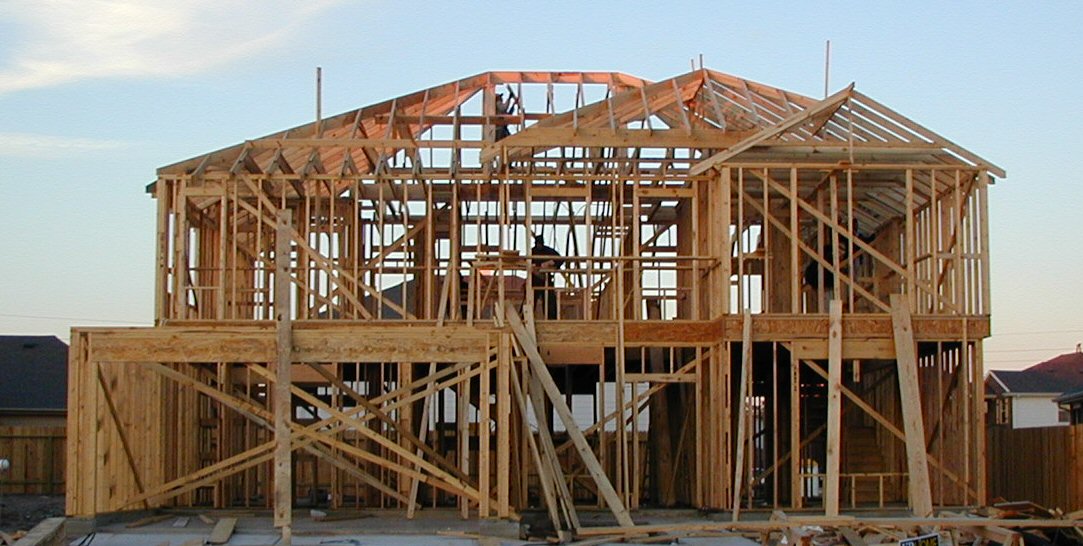UK construction companies recorded another growth slowdown in July, reflecting lower volumes of commercial building and a softer expansion of housing activity.
Residential building remained the strongest performing category of activity in July, although the latest rise was the slowest for three months. The only upturn in output growth was recorded in the civil engineering sector.
The latest survey also revealed a reduction in new business volumes for the first time since August 2016, which acted as a headwind to job creation and input buying across the construction sector. At the same time, intense supply chain pressures continued in July and prices for construction materials increased at one of the sharpest rates since the first half of 2011.
Delivery times for construction materials continued to lengthen sharply, which survey respondents linked to low stocks and stretched capacity among suppliers. Meanwhile, input cost inflation remained elevated and close to the peaks seen at the start of 2017, which was partly linked to prices for imported items.
Tim Moore, Associate Director at IHS Markit and author of the IHS Markit/CIPS Construction PMI, said, “July data reveals a growth slowdown in the UK construction sector, mainly driven by lower volumes of commercial development and a loss of momentum for housebuilding.
“The combination of weaker order books and sharply rising construction costs gives concern that an extended soft patch for the construction sector may be on the horizon.”
Adjusted for seasonal influences, the IHS Markit/CIPS UK Construction Purchasing Managers’ Index dropped from 54.8 in June to 51.9 in July, to signal the weakest construction performance since August 2016.
The latest reading was below the long-run survey average (54.5) and pointed to only a moderate pace of business activity growth.
Construction firms commented on greater reluctance to commit to new projects among clients in July. Weaker demand led to an overall reduction in new business volumes for the first time since the post- referendum rebound began in September 2016.
Deteriorating order books resulted in more cautious staff recruitment policies, as highlighted by a moderation in employment growth to its slowest for 11 months. Sub-contractor usage also decreased during the latest survey period.
Construction firms remained upbeat about their growth prospects, but the degree of optimism was the lowest since July 2016. This was attributed to heightened economic uncertainty and subdued confidence among clients.
Duncan Brock, Director of Customer Relationships at the Chartered Institute of Procurement & Supply, said, “The number of new orders dropped significantly this month and at the fastest rate since August 2016, as commitment-averse clients contributed to the sector’s weak trajectory.
“Housing, the shining light of the sector eased marginally, but produced the slowest growth since April, as parallels with the darker days of Brexit, worries about the UK economy and post-election uncertainty can be seen across the construction sector.
“Continuing price pressures from the weak pound lingered, driving cost inflation near to a six-year peak, stifling purchasing activity and jobs growth. All in all, a challenging start to Q3 and there are possible roadblocks ahead for the sector in the rest of 2017, with longer lead times and suppliers struggling with stock levels, which adds insult to injury.”
Sarah McMonagle, Director of External Affairs at the Federation of Master Builders (FMB), added, “Construction companies are suffering from ever-increasing costs and this is starting to act as a drag on growth. More specifically, the increase in construction material prices and higher wages and salaries due to the construction skills shortages will no doubt have contributed to these disappointing results.
“The commercial sector in particular fell at its fastest pace for 12 months but we also saw a loss of pace among house builders. However, although the construction sector is growing at a slower pace, it is still growing and therefore there is no reason to panic.”




